The Zika virus disease (Zika) is transmitted primarily via Aedes mosquitoes. The Aedes mosquitoes are also known to transmit Dengue and Chikungunya.
⇒ Related Read: How To Protect Your Family From Dengue
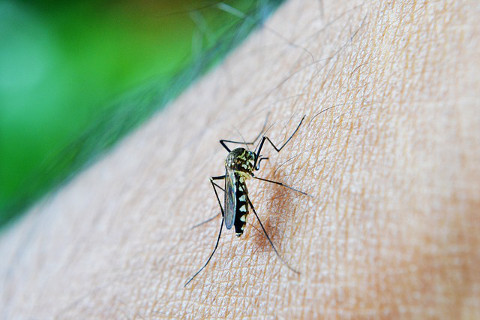
Symptoms of Zika virus (including Singapore)
The common symptoms of infection with Zika include fever, rash, joint pain and conjunctivitis (red eyes) that can last from 2 days to one week. For the majority of the people, Zika is not life-threatening and many patients do not show any symptoms of infection. Therefore, many people are unaware that they may have contracted Zika. However, for pregnant ladies, the infection can lead to microcephaly – a serious birth defect.
Can the virus be treated?
Unfortunately, there are no vaccinations nor medications available to prevent and treat the Zika virus. Based on your travel history, symptoms and blood tests, diagnosis of infection can be confirmed. However do not fret, you can treat your symptoms with the following:
- Ensure you have plenty of rest.
- Consume adequate fluids to prevent dehydration.
- To reduce fever and pain, take medicine like acetaminophen/paracetamol.
- Avoid aspirin and non-steroidal anti-inflammatory drugs until dengue is ruled out.
- Seek medical advice if you are currently on other medications.
For Zika patients, avoid and prevent any additional mosquito bites for the first week of infection. Zika virus can still be found in the bloodstream and spread via mosquitoes to other people.
Is the virus linked to a birth defect? How does it affect unborn babies?
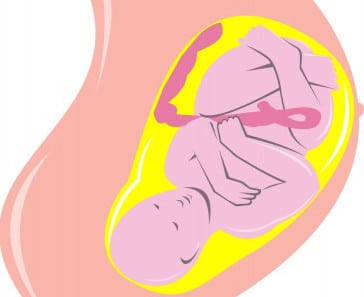
For pregnant women infected with the Zika virus, they are highly at risk of birth defects like microcephaly and other brain defects. There has been a startling increase of microcephaly in Brazil, with close to 4,000 cases reported since January 2016. Research is ongoing to confirm the causal link between Zika during pregnancy and microcephaly.
Microcephaly is a rare neurological condition where an infant’s head is significantly smaller than other children of the same gender and age. Data has also suggested that newborns of mothers who are infected with Zika during their first trimester of pregnancy have an increased risk of microcephaly.
How can pregnant ladies avoid mosquito bites? What measures can they take?
The measures taken to avoid mosquito bites are the same for pregnant ladies and everyone else:
- Wear long-sleeved clothing and long pants if possible.
- Stay indoors with air-conditioning with windows and door screens that can keep mosquitoes away.
- Take steps to prevent mosquitoes from breeding inside and outside your home i.e. remove all stagnant water in the house.
- Place a mosquito bed net before you sleep if you are unable to protect yourself from mosquito bites.

To eliminate and control mosquitoes from breeding, it is recommended to:
- Avoid stagnant water in outdoor containers (flower pots, bottles, and containers that collect water).
- Cover domestic water tanks so that mosquitoes cannot get in.
- Avoid accumulating garbage: Put it in closed plastic bags and keep it in closed containers.
- Declog drains that could accumulate standing water.
- Use screens and mosquito nets in windows and doors to reduce contact between mosquitoes and people.
What kind of repellents is safe and effective to use for pregnant women?
Most mosquito repellents are safe for pregnant women and there are many commercial brands available that can be easily purchased from any pharmacy. Some safety measures that you can take when using repellents are as follow:
- Only apply repellents onto exposed skin or clothing as recommended on the product label. Do not apply under your clothing.
- Do not apply repellents on cuts, wounds or irritated skin.
- Do not apply repellents to your eyes or mouth.
- Avoid spraying repellent directly on your face. If necessary, spray on your hands and then apply the repellent on your face.
- Use an adequate amount of repellent to cover exposed skin and clothing. Heavy application does not provide thicker nor longer-lasting protection.
- After returning indoors, wash away the repellent with soap and water or take a shower. This is important to take note of especially when you use repellents repeatedly in a day or on consecutive days.
- If you notice a rash or other reactions from the repellent, stop using it immediately and wash with mild soap and water. Seek immediate medical attention if your rash worsens.
It is important to read the product labels on repellents very carefully to understand how often and where to apply, especially for pregnant women.
This article is contributed by Dr Lim Kai Hung, a Family Physician at Lifescan Medical Centre, a subsidiary of Singapore Medical Group. Dr Lim believes in preventive medicine, as well as providing a holistic approach in treating his patients.
Practice address:
Lifescan Medical Centre
The Arcade, 11 Collyer Quay #03-28 Singapore 049317 (Next to E-meal Food Cafe)
Tel: 6221 1358
Website: lifescanmedical.sg
If you find this article useful, do click Like and Share at the bottom of the post, thank you.
Want to be heard and seen by over 100,000 parents in Singapore? We can help! Leave your contact here and we’ll be in touch.







































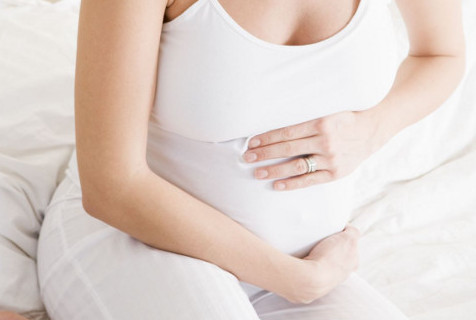


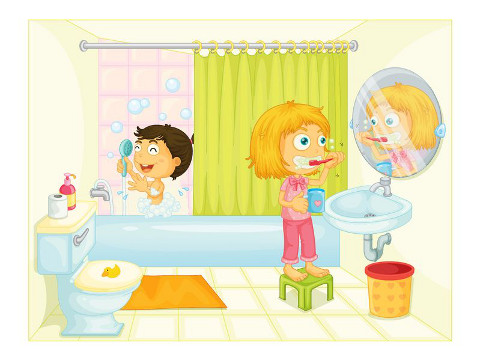



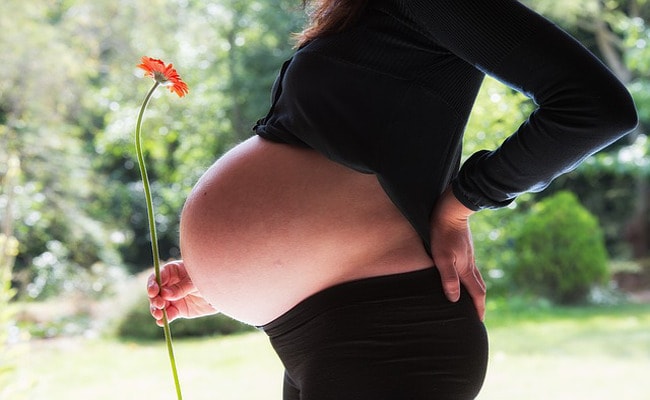











Leave a Comment: